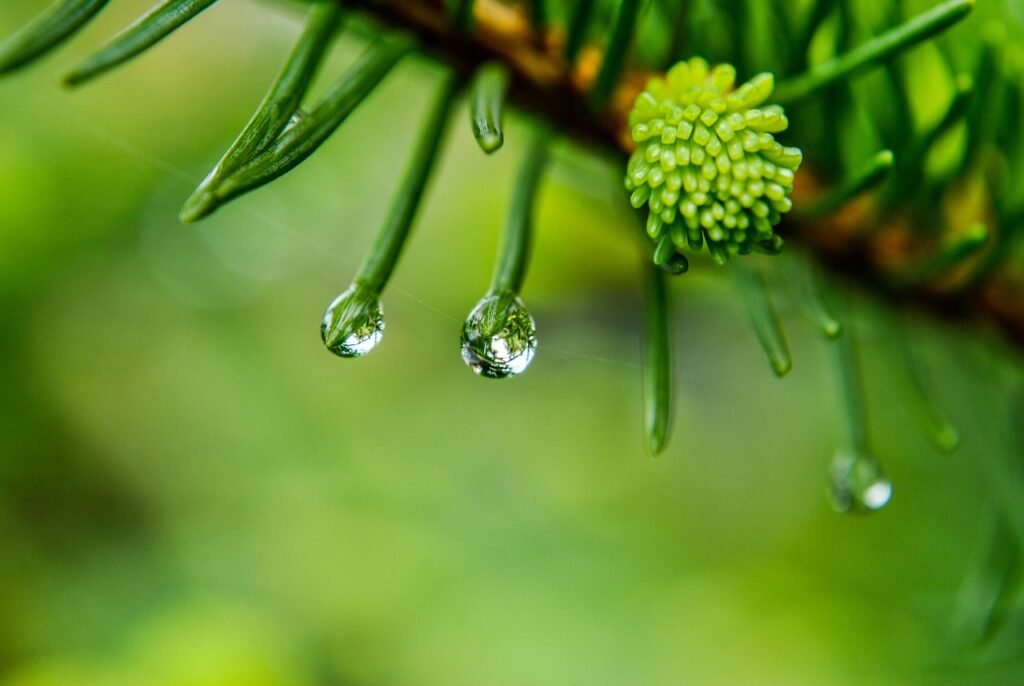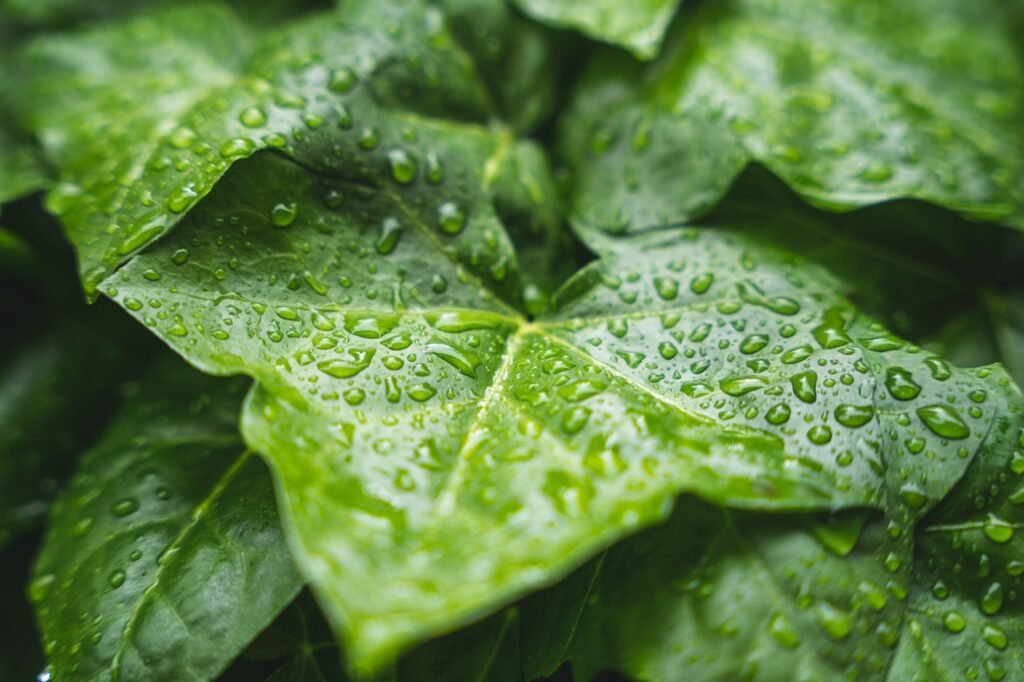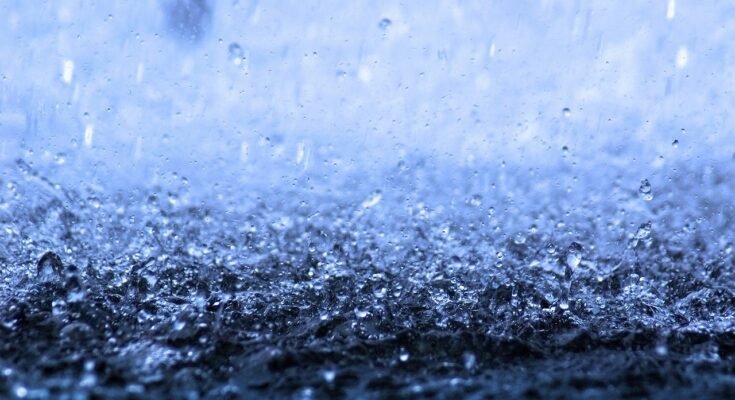Rain is one of the most important natural phenomena on Earth. It is essential for life and plays a vital role in maintaining the balance of nature. Without rain, life on Earth would not be possible. Rain provides us with water, helps plants grow, and cools down the environment. Let us understand more about rain, its importance, types, and effects.

What is Rain?
Rain is a form of precipitation that occurs when water vapor in the air condenses into droplets and falls to the ground. This process happens in the water cycle, where water from oceans, rivers, and lakes evaporates, forms clouds, and then returns to Earth as rain.
How Does Rain Form?
The process of rain formation involves the following steps:
- Evaporation – Water from oceans, rivers, and lakes evaporates due to heat from the sun.
- Condensation – Water vapor rises and cools down in the atmosphere, forming clouds.
- Cloud Formation – Tiny water droplets gather together to form clouds.
- Precipitation – When the droplets become heavy, they fall as rain.
Importance of Rain
Rain is very important for life on Earth. Here are some key points:
- Source of Fresh Water – Rain provides water for drinking, farming, and industries.
- Helps Agriculture – Farmers depend on rain for growing crops.
- Maintains Groundwater Level – Rainwater seeps into the ground and fills underground water sources.
- Balances Temperature – Rain cools down the environment and reduces heat.
- Supports Wildlife – Animals and birds depend on rain for water and food.
- Cleans the Environment – Rain washes away dust and pollution from the air.
Types of Rain
There are different types of rain based on how it forms:
- Convectional Rain – Occurs in hot areas when heated air rises and cools down.
- Orographic Rain – Happens when moist air moves over mountains and cools.
- Cyclonic Rain – Caused by the meeting of warm and cold air masses during cyclones.
- Monsoon Rain – Seasonal rain that comes during a particular time of the year, especially in Asian countries.
Advantages of Rain
Rain has many benefits for nature and living beings. Some of them are:
- Provides water for drinking and daily use.
- Helps in the growth of plants and trees.
- Improves soil fertility.
- Generates hydroelectric power through dams.
- Brings freshness to the atmosphere.
Disadvantages of Rain
Although rain is beneficial, too much or too little rain can cause problems. Here are some disadvantages:
- Floods – Heavy rainfall can cause floods, damaging homes and crops.
- Waterlogging – Roads and cities get waterlogged, causing traffic and accidents.
- Diseases – Stagnant water after rain can cause diseases like malaria and dengue.
- Crop Damage – Excessive rain can harm crops and reduce food production.
- Infrastructure Damage – Roads, bridges, and buildings can get damaged due to heavy rain.

Rain and Seasons
Rainfall is different in every season:
- Summer – Rain gives relief from the hot sun and brings coolness.
- Monsoon – The main rainy season, especially in Asian countries like India and Pakistan.
- Winter – Light rain can happen during winter in some places.
Rain and Human Life
Rain affects our daily life in many ways:
- Farmers celebrate rain because it helps in growing crops.
- Children love playing in the rain.
- People use umbrellas and raincoats to protect themselves.
- In cities, heavy rain can cause traffic jams and problems.
Rainwater Harvesting
Rainwater is a precious resource, so we should save it. Rainwater harvesting means collecting and storing rainwater for future use. It can help:
- Reduce water shortage.
- Refill underground water levels.
- Provide water for agriculture.
Interesting Facts About Rain
- The smell after rain is called Petrichor.
- Rain can fall at a speed of about 8-10 km per hour.
- The largest raindrop recorded was 8.6 mm in diameter.
- Some deserts receive less than 1 inch of rain per year.
How to Enjoy Rain Safely?
- Wear waterproof clothes or carry an umbrella.
- Avoid walking in dirty water.
- Stay indoors during thunderstorms.
- Do not touch electric wires during rain.
Conclusion
Rain is a blessing from nature. It gives us life, helps in farming, and keeps the Earth green and beautiful. We should never waste water and should respect this natural gift. However, we should also take care of the problems caused by excessive rain. By using rainwater wisely and protecting the environment, we can enjoy the benefits of rain for many years to come.

Main Points in Short
- Rain is essential for life on Earth.
- It is part of the water cycle.
- Rain helps agriculture and maintains groundwater.
- There are different types of rain: convectional, orographic, cyclonic, and monsoon.
- Rain has both advantages and disadvantages.
- Rainwater harvesting is important to save water.
- Rain affects human life, nature, and seasons. For More Click



